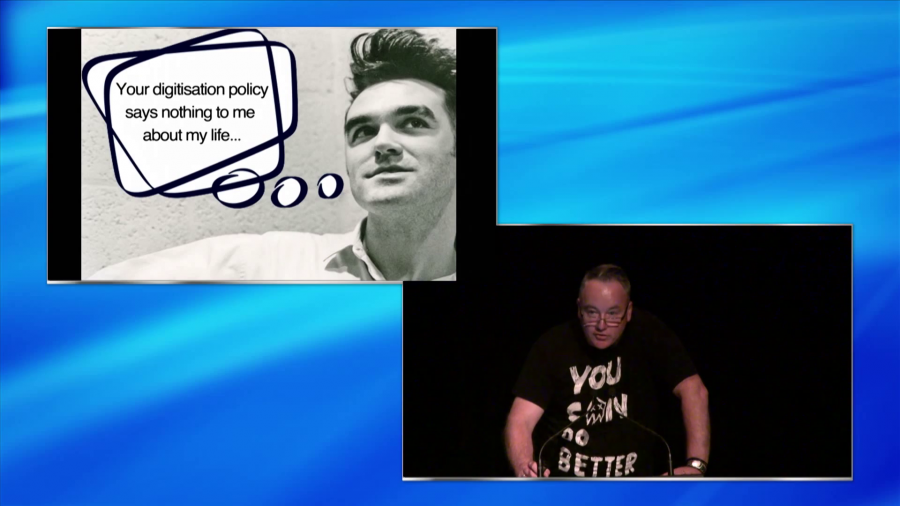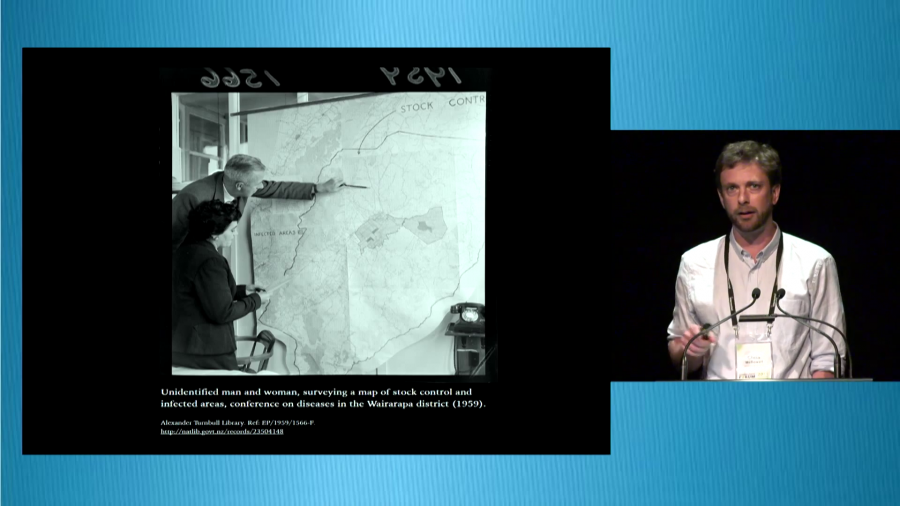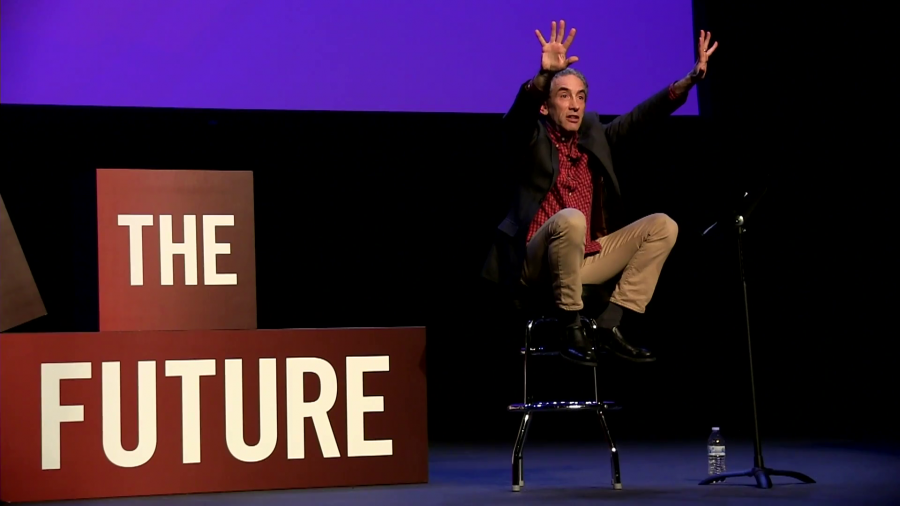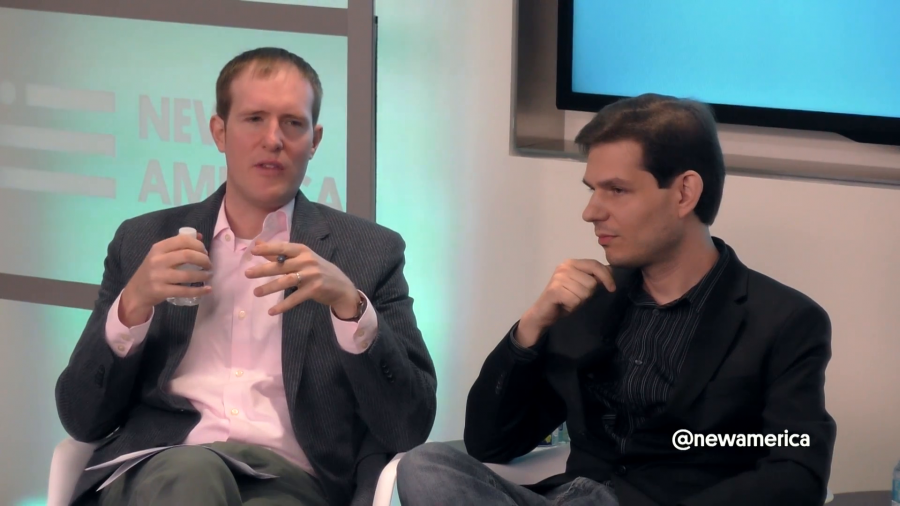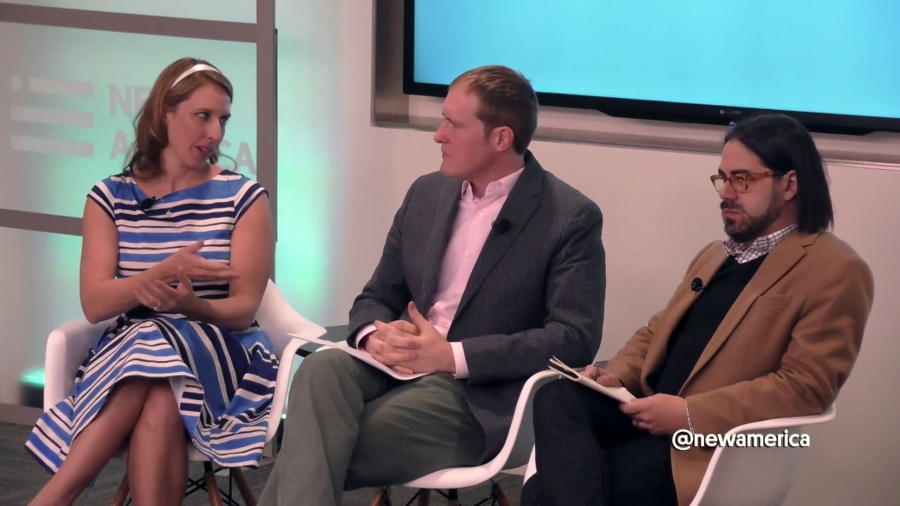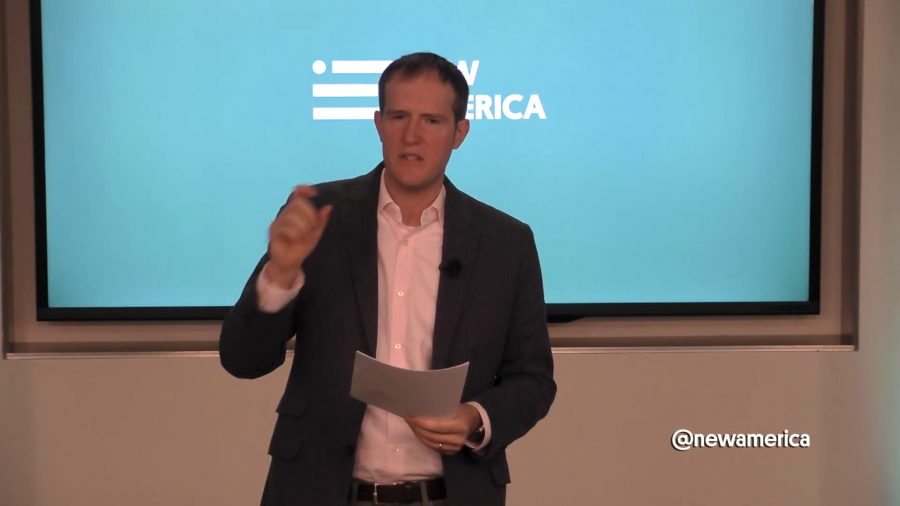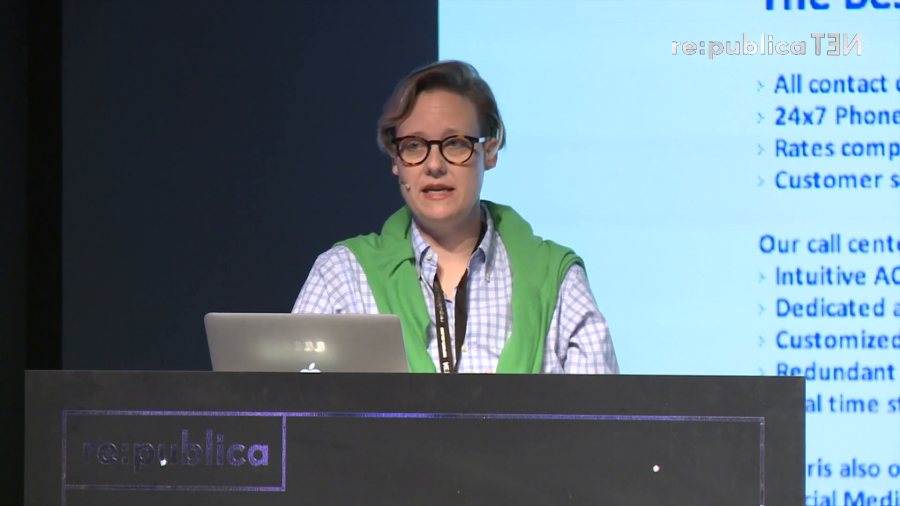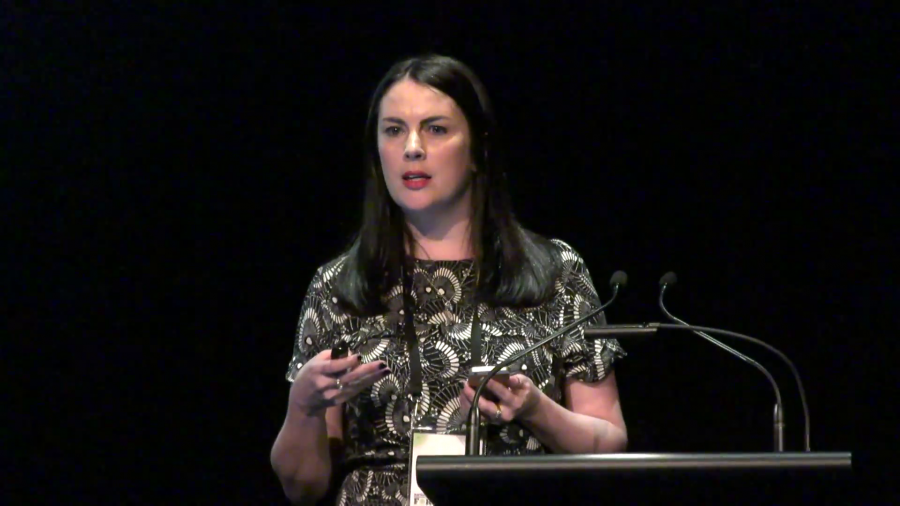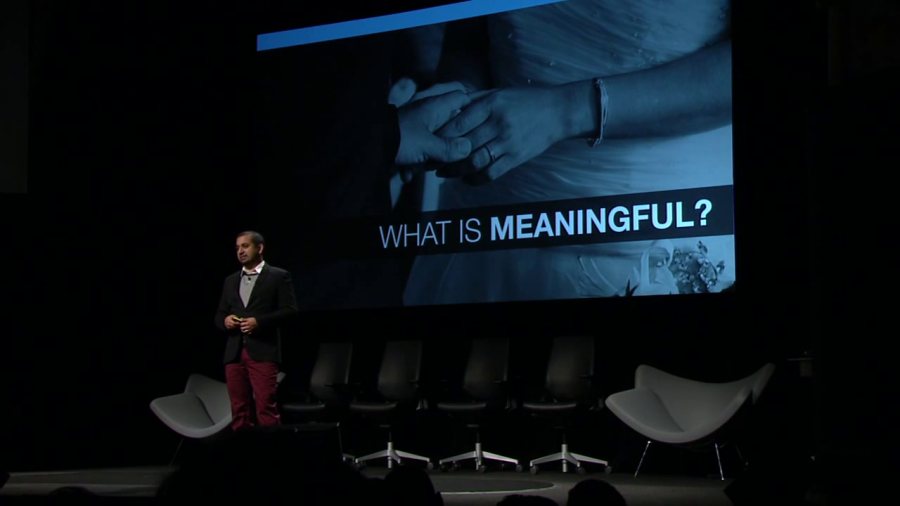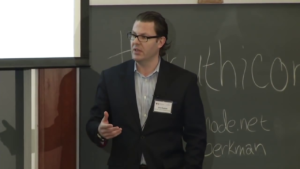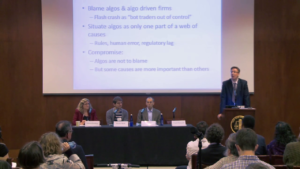So, why am I doing this? Rip it Up is such a rich resource, especially in the early years. Nothing else was really documenting pop culture, let alone the nascent alternative culture that was starting to boil up. The prevailing attitude in the mainstream media of the day seemed to be that pop music was kid’s stuff.
Reflection & Synthesis on Truthiness
presented by Urs Gasser
I'd like to cluster my thoughts and structure them into four categories. One is what I will call foundational issues. Second, a few words and observations regarding methods. Third, a few areas of application that we touched upon this morning, and maybe also highlighting one or two that we haven't talked so much about but that I think are increasingly important. And then finally also as a segue to the following sessions, a few words about potential points of intervention. Read more →

